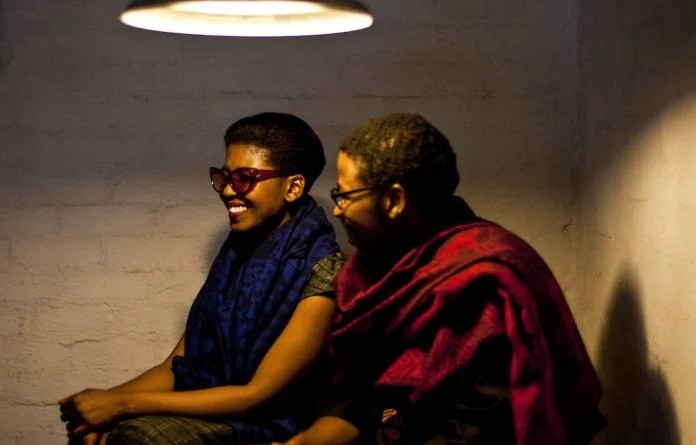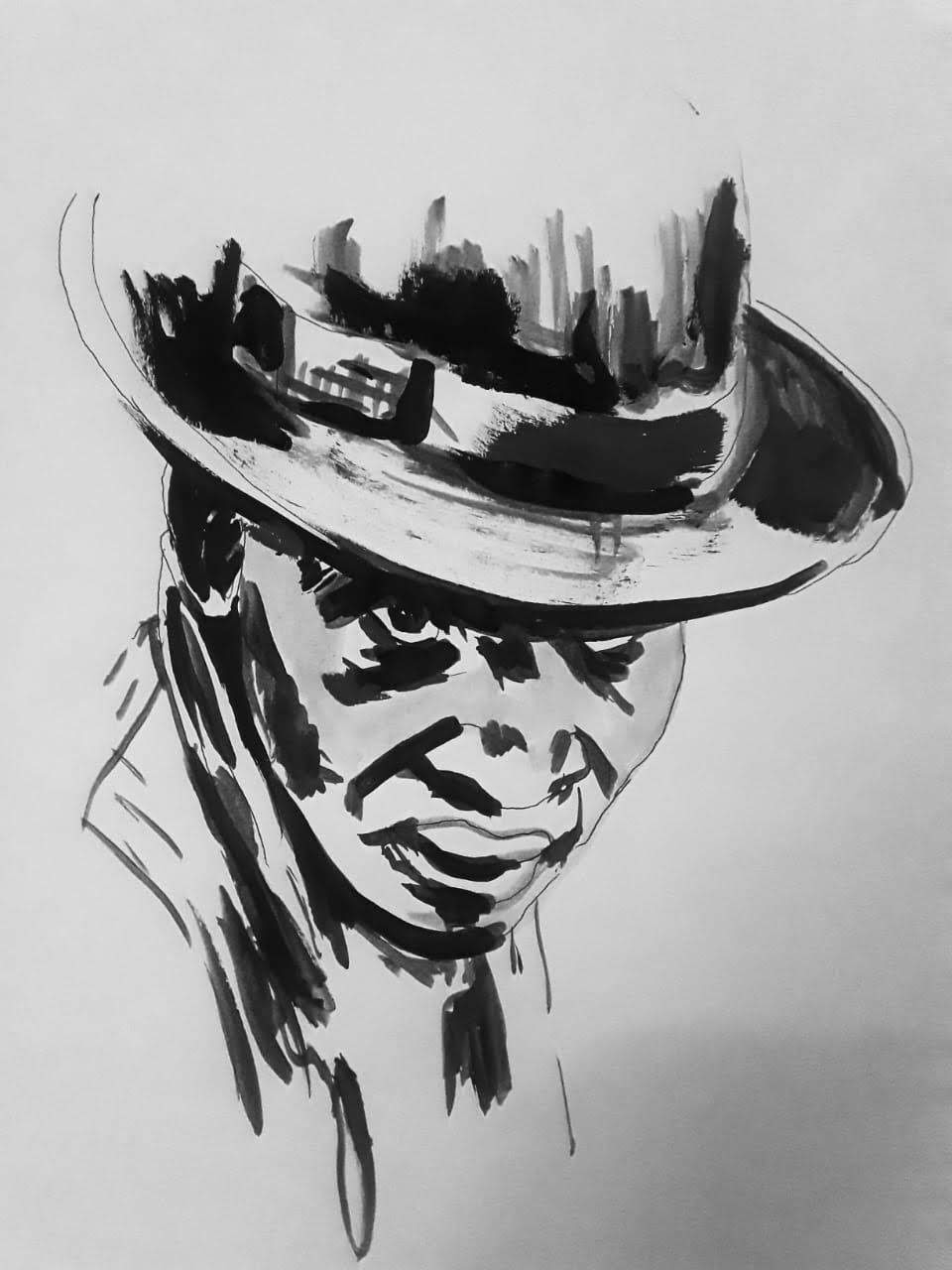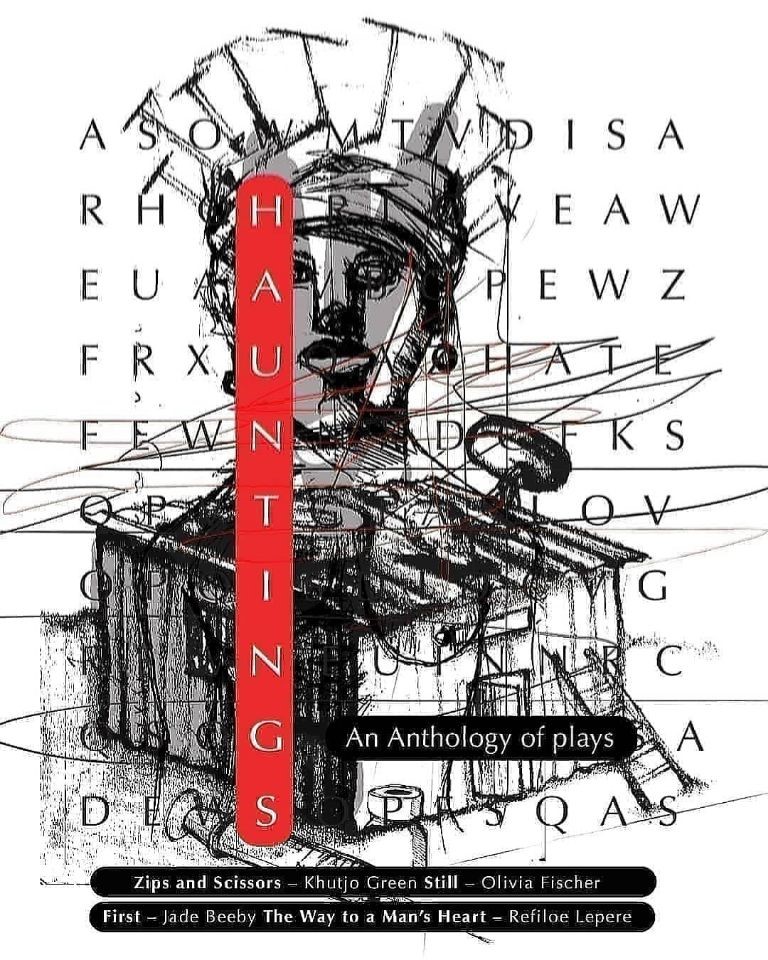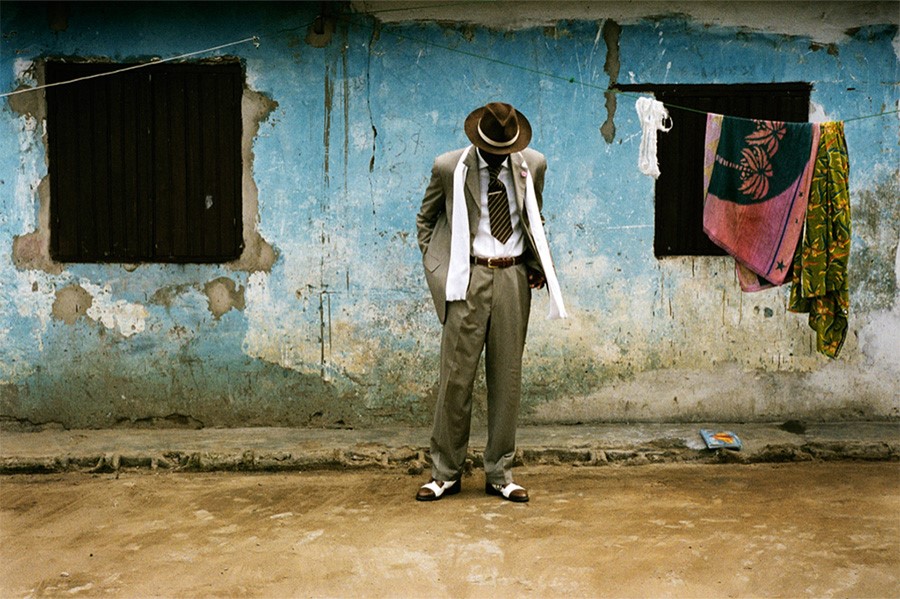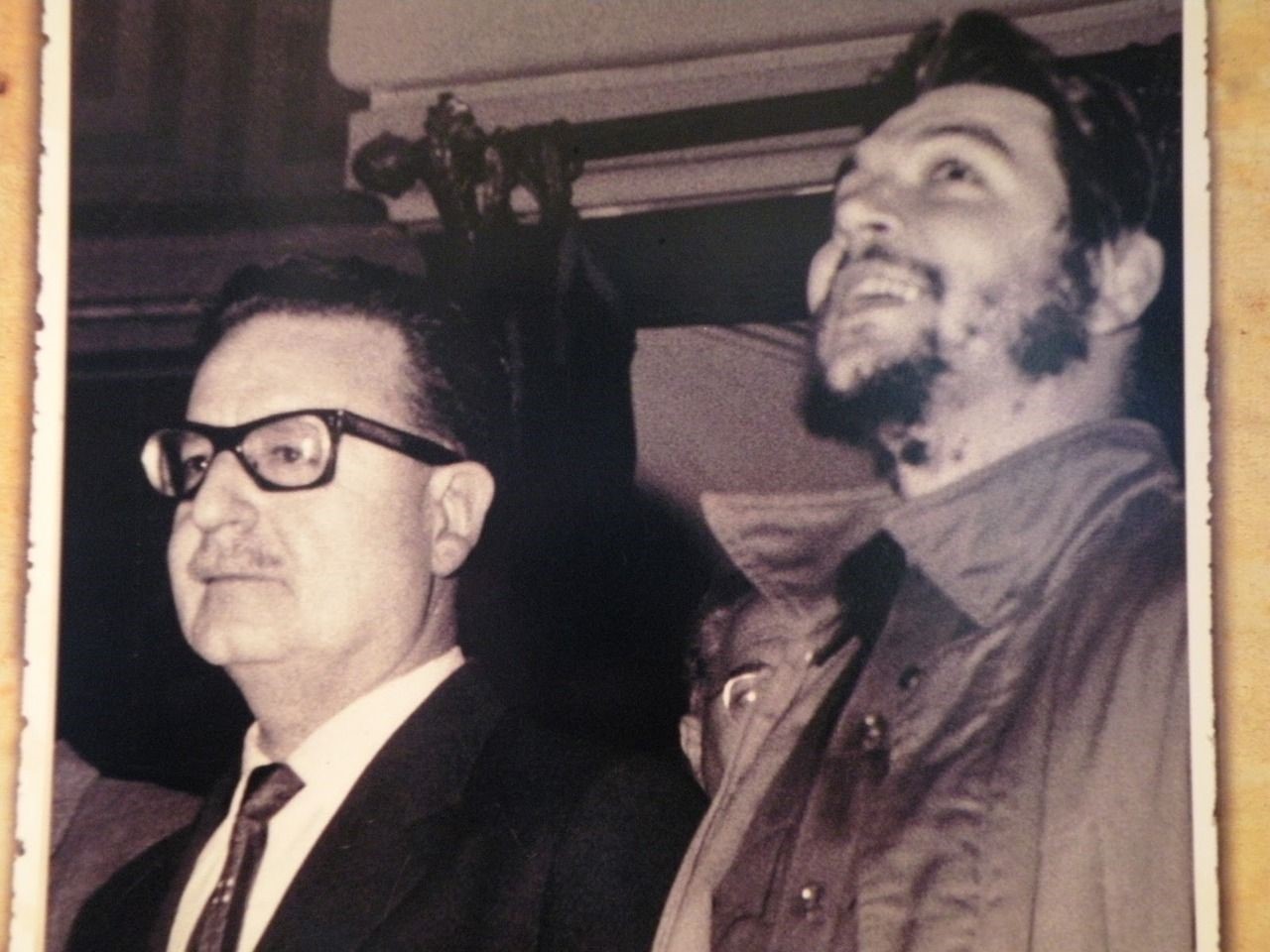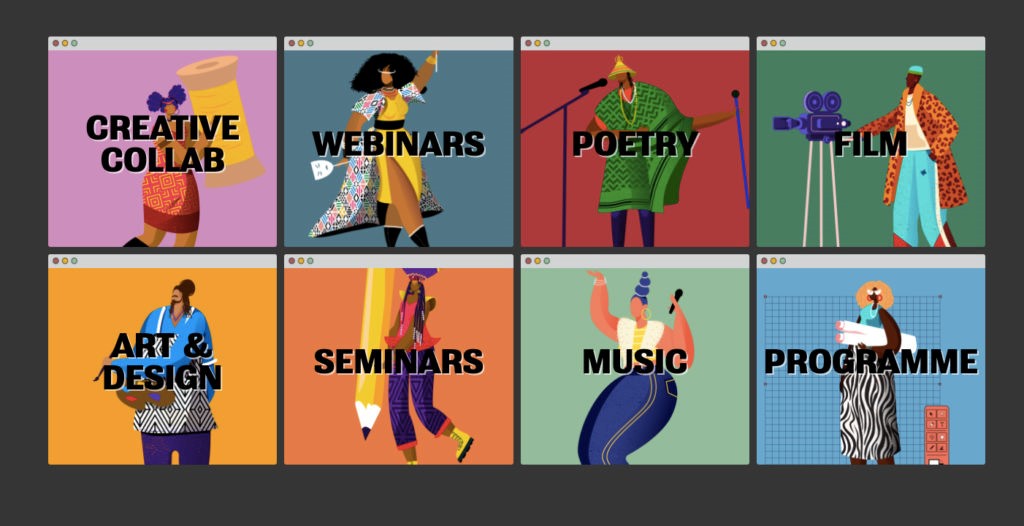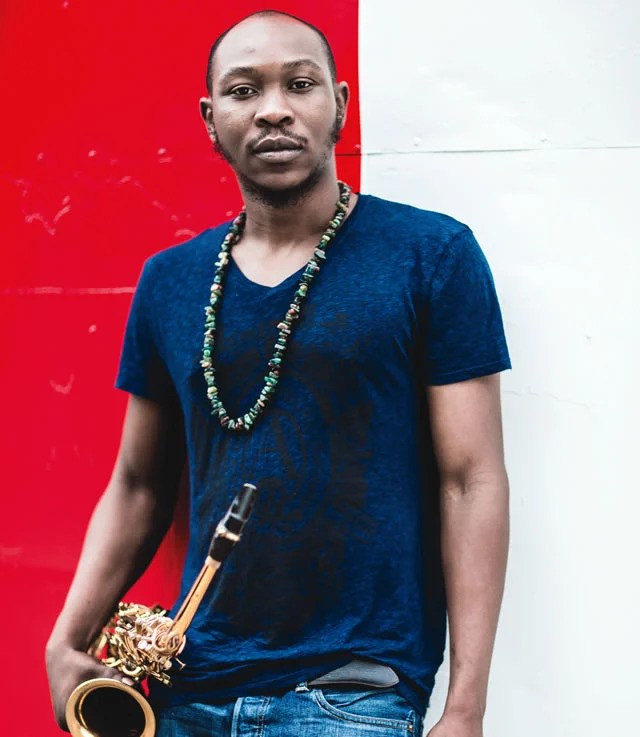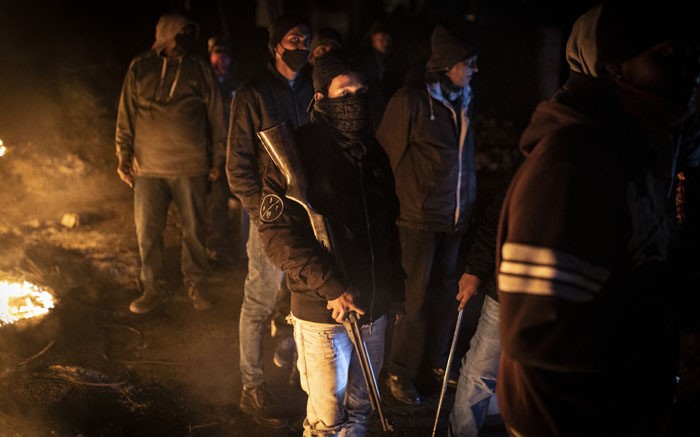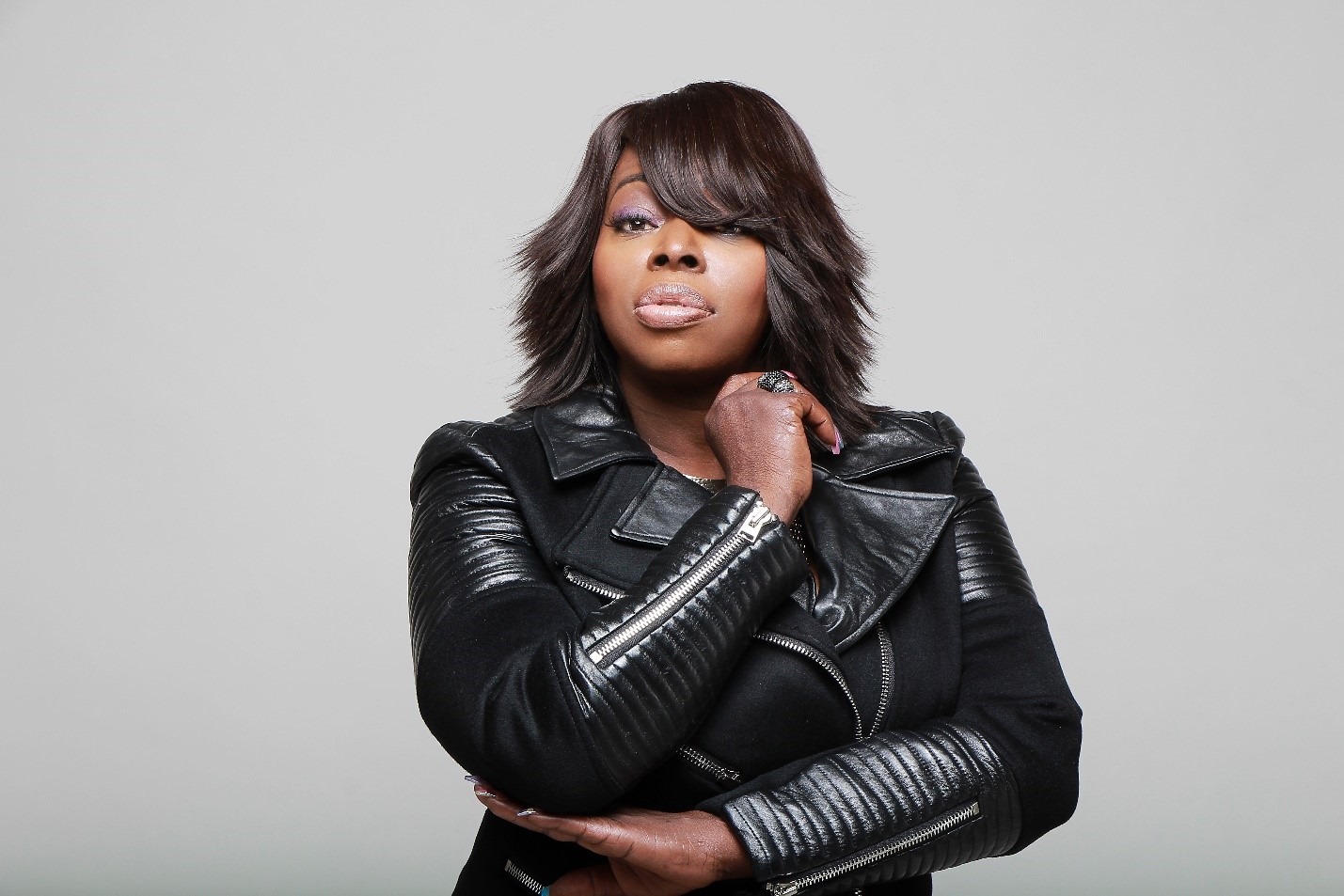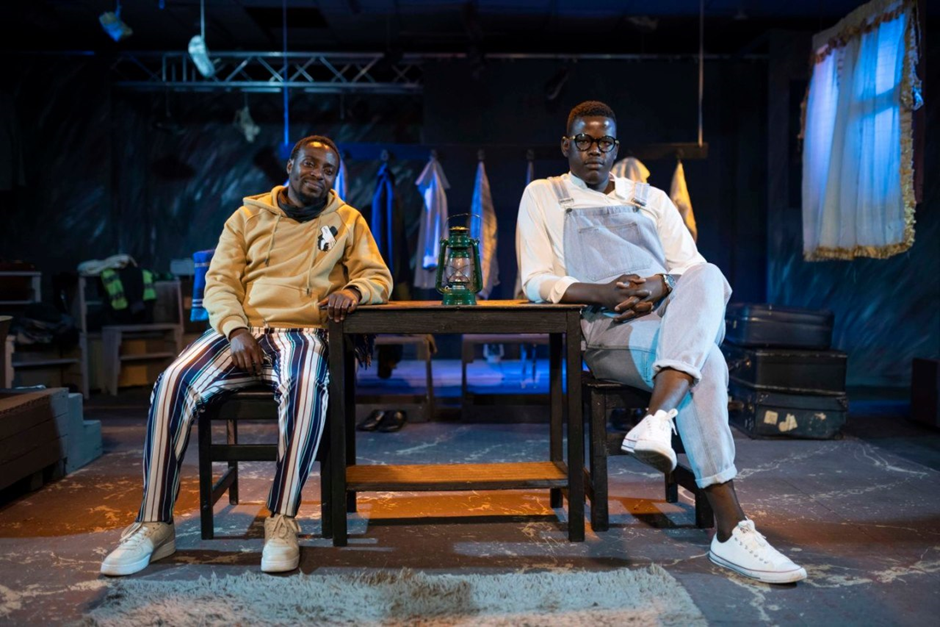Tumi Mogorosi and Gabi Motuba carve a significant, intimate and deeply necessary ode to Black familial love; to its paradoxes and the regularities that create and curate what we call home. When we think of the title of the album Sanctum/Sanctorium, the meaning certainly denotes a far more nuanced spiritual understanding of the concept of ‘home’. It indicates the affect of a holy place, the residence of sacredness. It propels us to think of home as our sacred holy ground of meaning-making, becoming, existing and creating. What does it mean for Black living beings to think of the home as central? Tricky, because domineering western definitions of family have little to almost no relevance to a people displaced. Where do people who were driven out of their homelands and placed in rubbish heaps called cities and townships, call home? How do we even code home in our tongues and languages, when history and the subversive present denies Blacks the opportunity to express themselves in the living colours of their mother tongues.
This body of work moves us to think of far more dynamic ways of familial legitimacy. It leads us to think of Black community as family. This work complicates what we think of, when referring to what it is to be a family. It looks at how expanded definitions can work wonders in reconstructing Black familial values, especially as an ode to restoring Black dignity and integrity. The work shepherds us into debunking the idea that the nuclear family structure is the only legitimate/right or ethical way to express and form part of sacred bonds. This album presents itself as the village that not only raises the child, but delicately holds the hearts and minds of the strong and the vulnerable alike; to rise to the occasion and instinctively hold space for one another.
Sanctum/Sanctorium critically interrogates familial romance. It is centrally concerned with the need to rediscover or literally re-member the diverse stories of the past and the present, and it probes for the future to bring with it the brightness of a new day. This then becomes incredibly important archival work, as well as talking back to the realities that plague the Black family in real time. This body of work, and the narrative structure it takes, seeks to empower and unite the Black family. It recognizes that it is in the nexus of family that children can get a vision of themselves and a foundation to build on. It reminds us that this is the institution where we encounter the experience of formulating meaning and understanding. The artwork’s flourishing in this particular medium in itself complicates the mundane and dated idea of family. The fact that the work is shared widely amongst us presents itself as an opportunity for us to join in on the artists familial foregrounding, giving us not a glimpse, but a feeling of oneness with them.
Motuba’s choices as vocal contributor exemplify these ideas even further. The fact that her approach is not saturated in standing out and consuming the light… can give us an idea on the ethos of this particular familial bond. She is part of the music; it happens with her and not alongside her. It is almost as though the ensemble speak in one voice. This reminds me of the unfathomable magic of loving and being loved by people who look like you. This is fortunately not limited to biology, culture or structure, although these factors also play a role. Being Black already suggests a kind of familiarity, solely based on identity. Our diverse cultures and our social culture make us familiar. Structurally, in the world - we share poverty. It is our burden; we know it on a personal level. Though our lives are not homogenous, we certainly share experiences that only we can identify or acknowledge.
In the midst of this era, where most families have experienced loss and drastic change, the need for these various definitions of family becomes extremely necessary. It is our collective responsibility to foster family and maintain its sacred institution. Rebecca E. Carrol puts it to us in her essay titled The Black Family, that family can be compared with a hardy plant. This plant's survival depends on its internal consistency, yet it is conditioned by the environment. If the environment is harsh, then the plant uses its internal strength to survive. The plant is still weathering the storm of insidious materialism, blatant secularisation, crass sexism and continuous racism.
Contrary to popular belief and the current popular dispensation on music and Blackness, I would like to argue that music is indeed instructive and, in this work, we can pick up a few clues on what is being said to us through these artists. Firstly, the Black family must hold on to its legacy of religion. Without putting myself in hot water, by implying what is not explicitly said - this, in my view signifies our life givers on their knees, praying for our freedom and salvation. This is not limited to a religious practice. Rather, it is mostly highlighting the importance of that secret or sacred place where your needs are made known with the purest intentions, and those that are listening to you not only hear you, but guide you to where you ought to be. It is also of paramount importance that Black families know that if they do not extol their heritage, no one will. To think of heritage and ritual as practices learnt and created throughout time. To recognize that this very body in this particular time is incredibly fundamental to the whole process of re-learning and creating heritage.
As aforementioned, the foundations of personal integrity, morality, self-discipline, wise decision-making, and positive self-conceptualization begin and extend in the home. Consequently, Black families need a sense of unity. The KULTURE Blues Festival 2022 timeously and appropriately has this dynamic duo in their line-up for this weekend’s festivities. Come through and restore and strengthen familial bonds between Black folk. We need to create these fertile conditions now and beyond, in which Black people struggling for themselves and their progeny to survive… grow strong in the faith, in their unity, in their common purpose and shared love, and in their collective destiny.
Details: KULTURE Blues Festival
Venue: Joburg Theatre (Lesedi)
Date: 12 March, 2022
Time: From 15:00
Artists: | Tumi Mogorosi & Gabi Motuba | Malcolm Jiyane/ Uprize Ensemble | Luyolo Lenga
Tickets are R250 and are available from Webtickets/ Pick N Pay https://www.webtickets.co.za/v2/event.aspx?itemid=1512826444
More Information: https://www.joburgtheatre.com/kulture-blues-festival/


